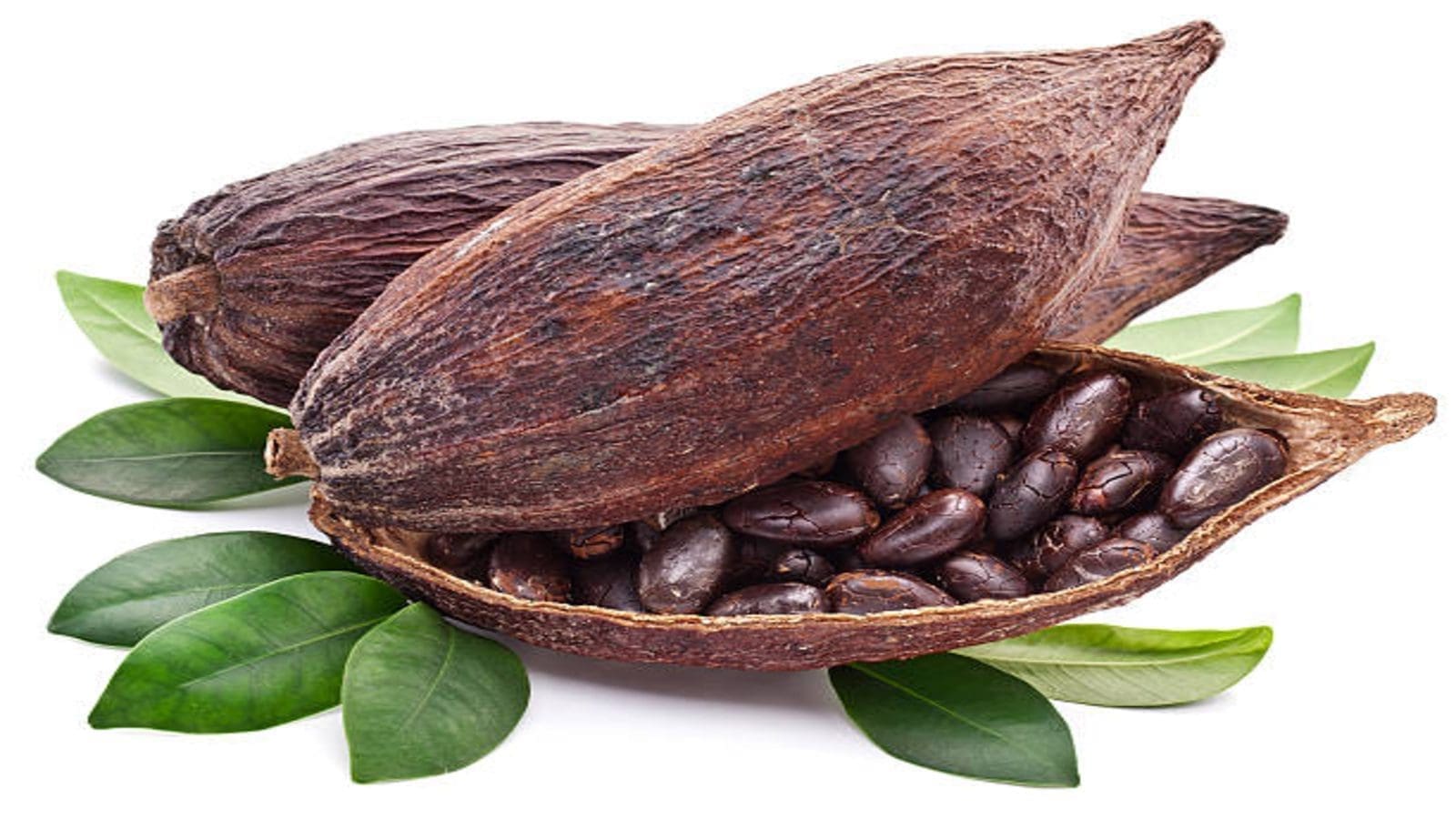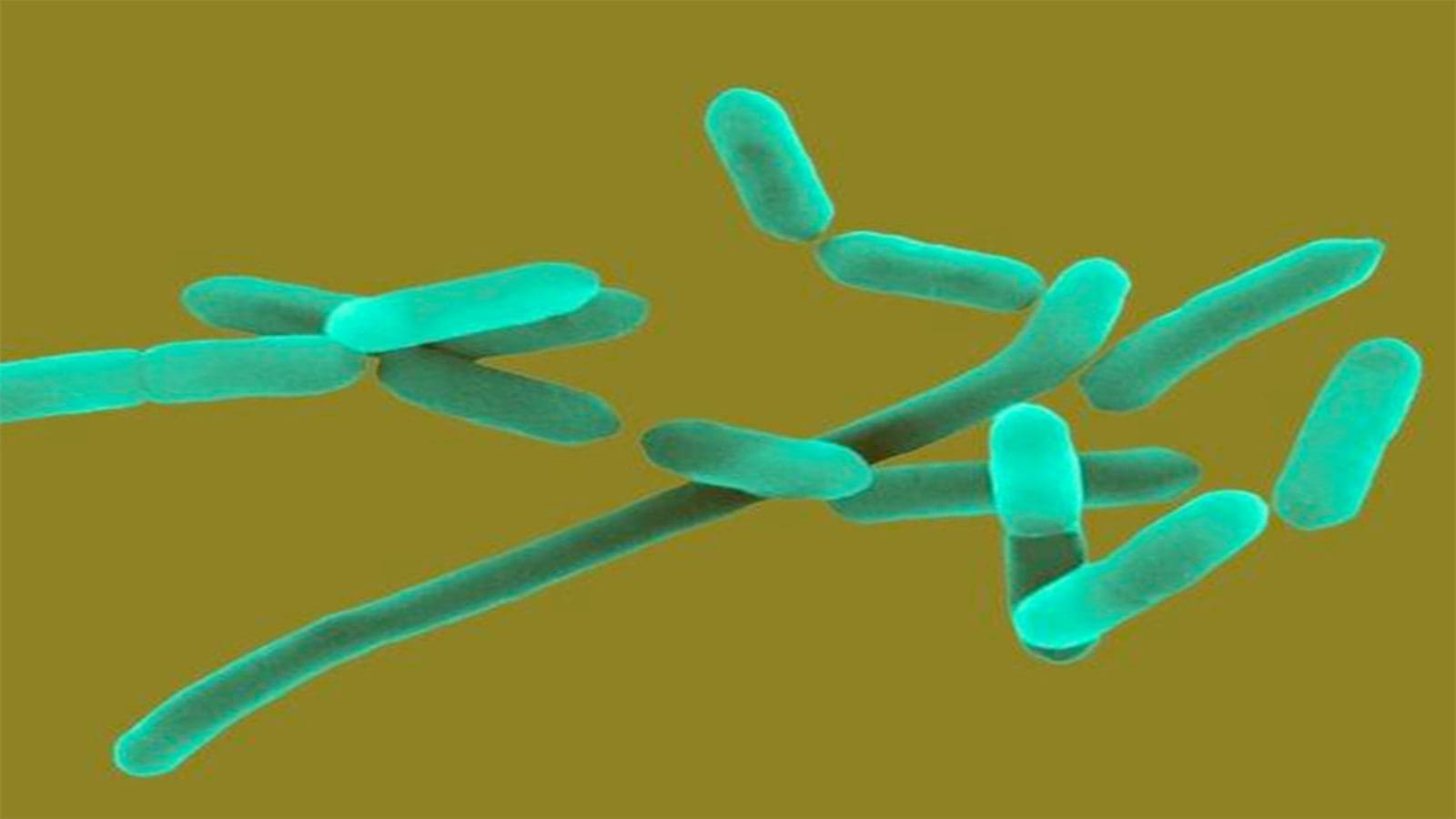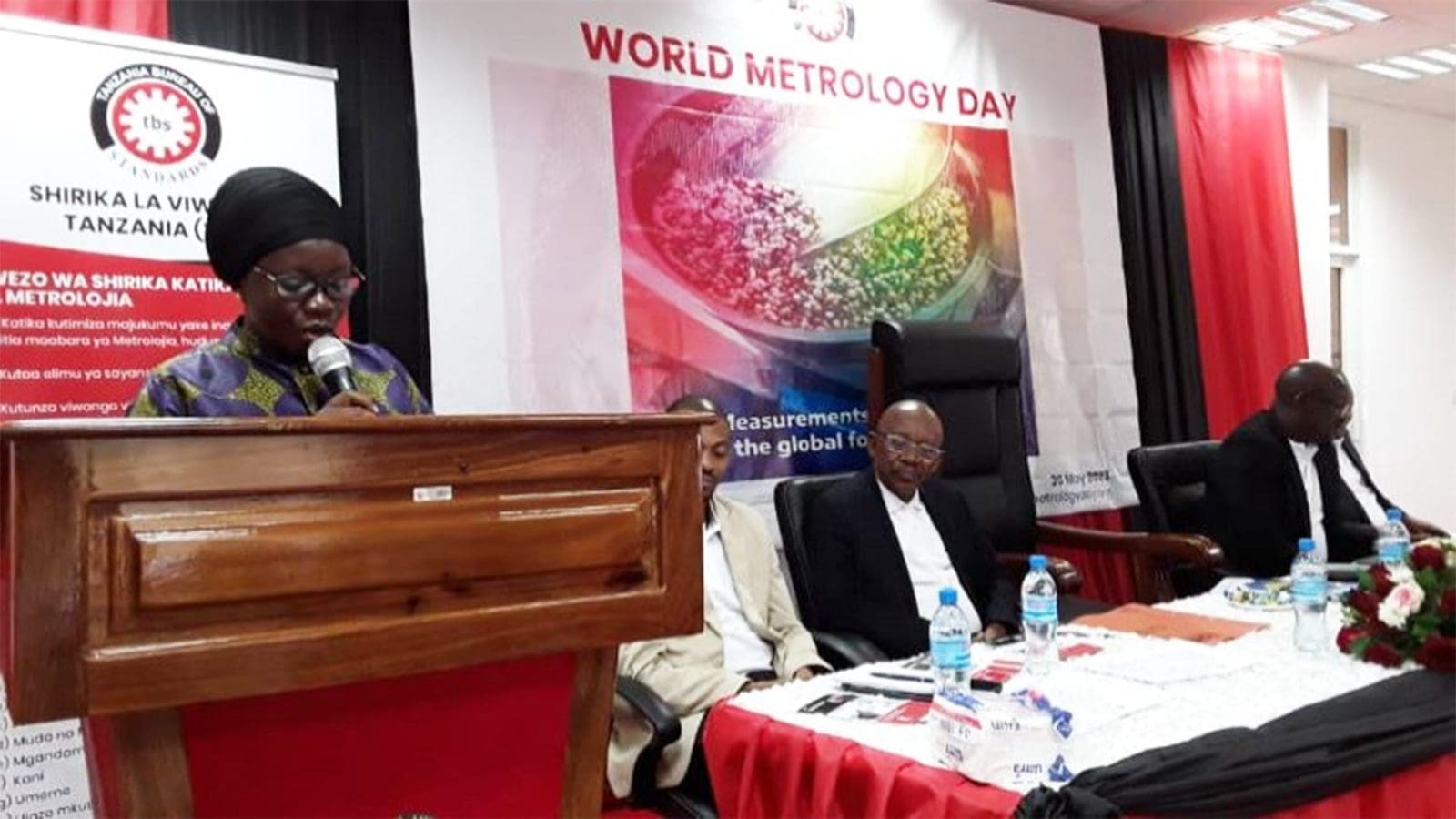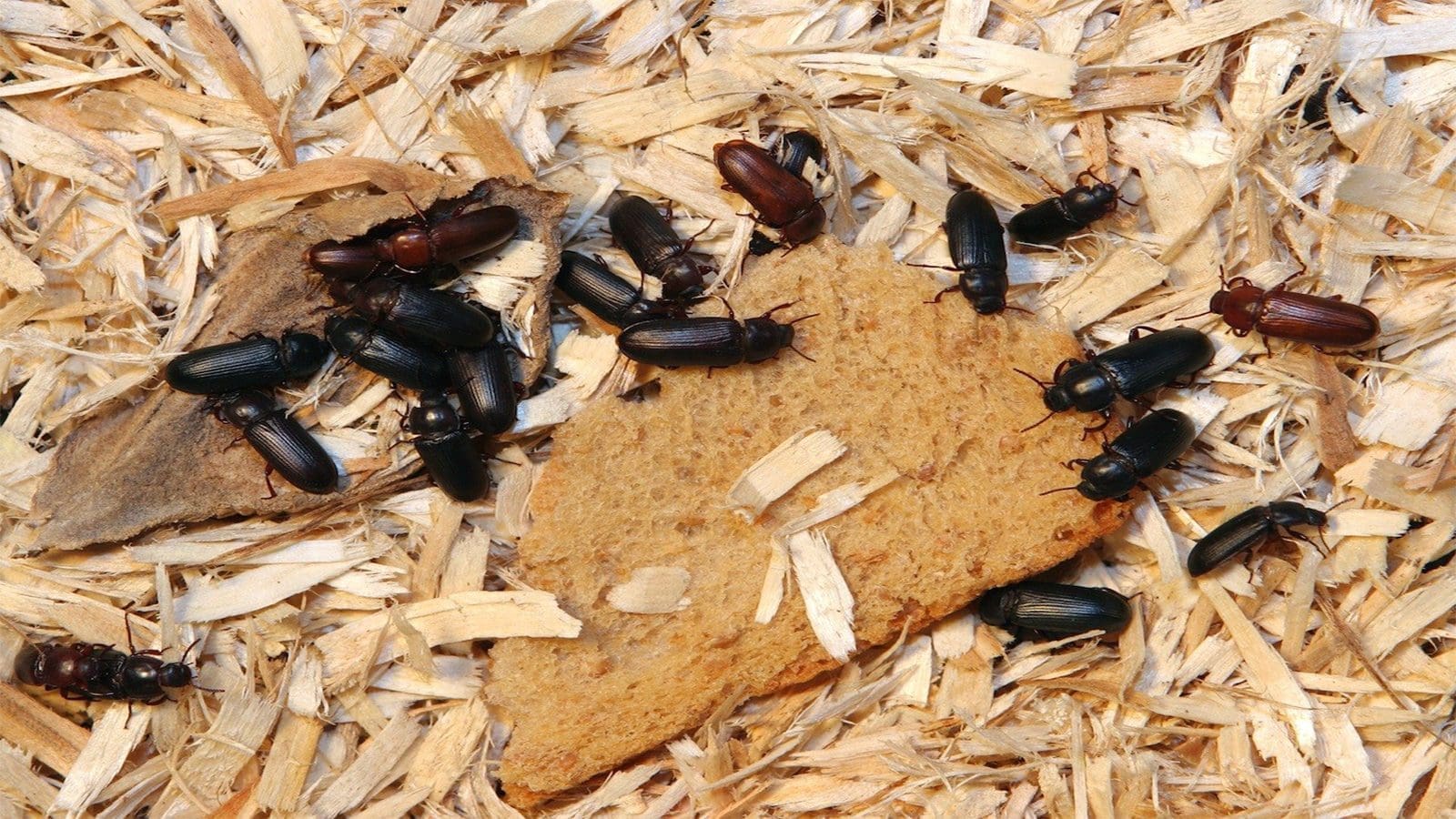NIGERIA – The Standards Organization of Nigeria (SON) and stakeholders in the cocoa sector have unveiled new standards that would boost sustainable production of cocoa in Nigeria.
The Director General of SON, Mr. Farouk Salim, noted during a technical committee meeting on the review of the National Industrial Standards (NIS) 990:2017 for cocoa standards that the review would involve enshrining minimum requirements in the national standards for sustainable cocoa production in line with international best practices and to enhance global competitiveness.
In attendance at the meeting, were representatives from Cocoa Research Institute of Nigeria, NAFDAC, Rightway Business Support, Federal Ministry of Trade and Industry (FMTI), Nestle Nigeria Plc, Federal Competition and Consumer Protection Commission, (FCCPC), Promasidor, Mutiu Ola, Cadbury, Institute of Professional Analyst of Nigeria (IPAN), Nigeria Agricultural Quarantine Services (NAQS) and representatives from SON facilitating the secretariat.
The Director who was represented by the Group Head Food Technology, Dr Mrs. Omolara Okunlola, reiterated the need for the sustainability of cocoa production which is a major concern as cocoa is mostly grown on small-scale farms in regions of the world that lack adequate infrastructure and offer poor working conditions to farmers.
As stated by Salim, the importance of cocoa in the global economy cannot be understated, that is why the International Organization for Standardization (ISO), and African Regional Organization for Standardization (ARSO), which SON is a member, collaborated with representatives from cocoa-producing and consuming countries to develop a new series of standards to address longstanding issues in the industry.
Cocoa standard pertinent for industry
The SON helmsman stated that the Technical Committee (TC) meeting will harness the knowledge on Cocoa production in Nigeria and the international experience captured in the ISO Standards through participation in regional and global standardization activities to boost the nation’s economy.
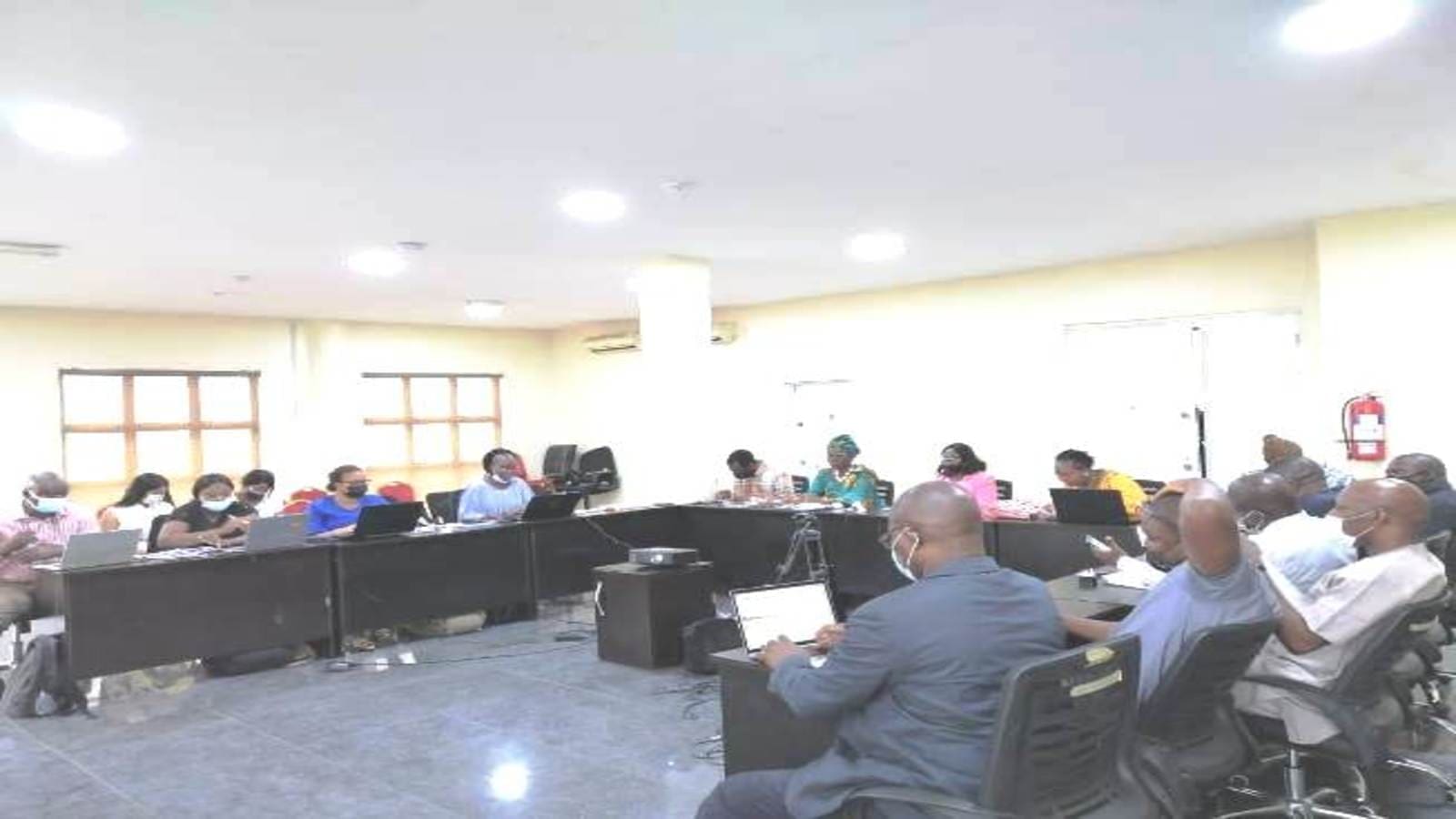
He also revealed that the cocoa standard remains pertinent for the industry as it is expected to improve the quality of local cocoa production and its acceptance in the global market leading to an alternative source of revenue to oil and gas, in fulfilment of the Federal Government’s economic diversification agenda.
To this end, Salim called for the TC to consider the adoption of the ISO 34101 standards on Cocoa as it aims to encourage the professionalization of cocoa farming, thus contributing to farmer’s livelihood and better working conditions.
The standards cover the organizational, economic, social and environmental aspects of cocoa farming, as well as featuring strict requirements for traceability, offering greater clarity about the sustainability of the cocoa that is used.
The new Chairperson of the Technical Committee, Dr (Mrs.) C. O. Jayeola in her remarks noted that Nigeria must not be left behind when it comes to the standardization of Cocoa.
“It is time to improve on the quality and traceability of this product as this will ensure better codes of practice and better-quality products,” she said.
Jayeola took over the mantle following the demise of the former chairperson, Dr S.O Aroyeoun of the Cocoa Research Institute (CRIN).
Liked this article? Subscribe to Food Safety Africa News, our regular email newsletters with the latest news insights from Africa and the World’s food safety, quality and compliance. SUBSCRIBE HERE


